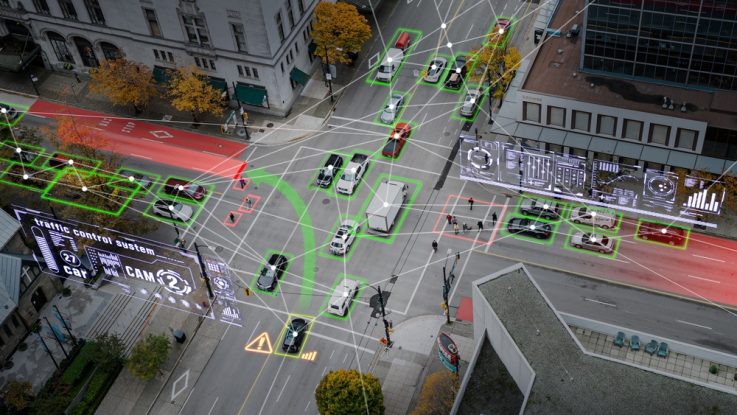
The City of Syracuse, NY is hosting an open data competition with the goal of discovering improvements that would help the city deliver on its long-term Vision Zero goals of increasing traffic safety and eliminating deaths and serious injuries caused by vehicles on city streets. Submissions must be uploaded to the Open Data Syracuse DevPost site by 1:45pm on November 4th, 2023.
“In my 2023 State of the City address, I announced that we would prioritize the adoption of a Vision Zero program to improve traffic safety in the city of Syracuse,” said Ben Walsh, mayor of Syracuse. “Whether talking about bikes, public transit, or motor vehicles, it is our hope that this civic-minded challenge will bring local data-oriented minds together to provide analysis, visualizations and web projects tied to understanding citizens’ experience with our transportation system.”
Submitted data projects must use at least one dataset from the Office of Analytics, Performance and Innovation’s (API) Open Data Portal, but contestants are allowed to use additional data sources, as well. Projects will be evaluated on four criteria: creativity, “wow factor”, execution, and informational value.
Competitors will be pitching their projects at Syracuse’s first Open Data Day. A total of USD$1,800 in prizes will be awarded to the top three entries, and attendees will have the opportunity to attend six different breakout sessions teaching industry standard tools to access and visualize open data.
“API is excited to launch our first Open Data Day to celebrate and bring awareness to our nationally recognised open data programme, which includes 103 different datasets of civic information,” said Nicolas Diaz, chief innovation and data officer for the City of Syracuse. “It is our hope that community members will grow in their ability to use data and information to make better informed decisions for their neighborhoods and organizations and potentially develop their own tools and solutions leveraging open data. A strong open data program creates a virtuous cycle where citizens are engaged in our civic data and transparency efforts and in turn demand more high-quality and timely datasets.”